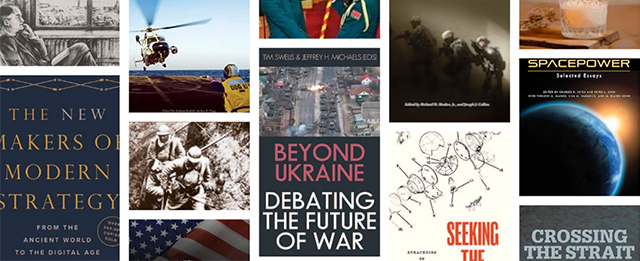Files
Download Full Text (2.8 MB)
Description
Acceleration. Magnification. Diffusion. Entropy. Empowerment. The global environment and the international system are evolving at hypervelocity. A consensus is emerging among policymakers, scholars, and practitioners that recent sweeping developments in information technology, communication, transportation, demographics, and conflict are making global governance more challenging. Some argue these developments have transformed our international system, making it more vulnerable than ever to the predations of terrorists and criminals. Others argue that despite this significant evolution, organized crime, transnational terrorism, and nonstate networks have been endemic if unpleasant features of human society throughout history, that they represent nothing new, and that our traditional means of countering them—primarily conventional law enforcement—are adequate. Even among those who perceive substantial differences in the contemporary manifestations of these persistent maladies, they are viewed as major nuisances not adding up to a significant national or international security threat, much less an existential threat.
Document Type
Book
Publication Date
2013
Publisher
National Defense University Press
City
Washington, DC
Recommended Citation
Miklaucic, Michael; Brewer, Jacqueline; Stavridis, James G.; Barnabo, Gary; Deville, Duncan; Farah, Douglas; Gilman, Nils; Goldhammer, Jesse; Keefe, Patrick Radden; Luna, David M.; Naím, Moisés; Picard, Justin; Realuyo, Celina B.; Shelley, Louise; Sullivan, John P.; Weber, Steven; Wechsler, William F.; and Williams, Phil, "Convergence: Illicit Networks and National Security in the Age of Globalization" (2013). Books and Book Chapters. 16.
https://digitalcommons.ndu.edu/books-and-book-chapters/16



